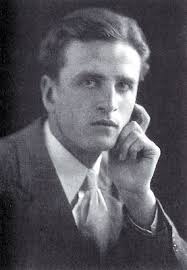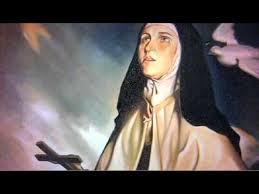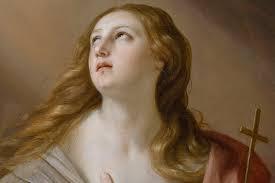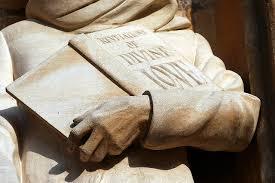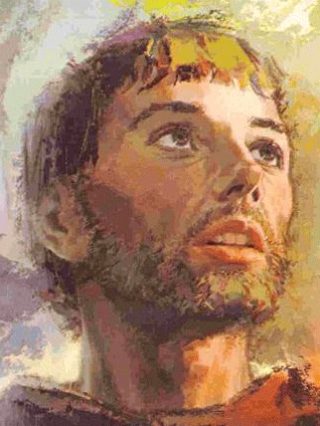The Wisdom of the Desert – The Irish Connection
In the late summer of 1981 my eye was caught by a simple poster advertising a talk on Christian Meditation in St. Mochua’s Church, Mulhuddart Co. Dublin. The event was to take place on a Saturday night and the talk was to be given by Fr John Main, a Benedictine Monk. Now you might be thinking that I mustn’t have had much of a social life if I was willing to show up in a church on a Saturday night. Well, I’m not going to argue with you on that one. However, I did go and I have been really glad I went ever since.
John Main, who died about a year and a half after giving that talk, is now regarded as one of a small handful of Christians who rediscovered the Contemplative or Wisdom tradition of the Desert Fathers and Mothers of the fourth century A.D., that I alluded to in my last article. Born in London in 1926 to Irish parents with strong roots in Ballinskelligs in Co. Kerry, he studied law in Trinity College Dublin before entering the British Colonial Service in the Far East.
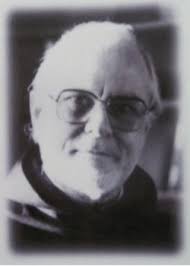
In Malaysia, he met Swami Saccidananda a Hindu mystic who taught him to meditate using a mantra. But it was much later, at the relatively mature age of thirty-five that he entered the Benedictines. On entry, his novice master persuaded him to give up his practice of meditation, which he did in a spirit of surrender to the will of God. There then followed a period of study in Rome around the time of Vatican II of which he was greatly enthusiastic about.
A 20th Century Question Prompts a 4th Century Answer
Twelve years after becoming a monk he found himself as headmaster of St Anselm’s Abbey in Washington DC. One day a young student came to visit the monastery to enquire about Christian mysticism and John Main was asked to advise him. This prompted him to read the writings of John Cassian, a fourth century monk who clearly described the use of a Christian mantra to meditate:
Let the mind hold ceaselessly to this formula [Oh God come to my aid; Oh Lord make haste to help me] … until it renounces and rejects the whole wealth and abundance of thoughts.
Conferences X
On reading these lines he immediately recognised the similarities between John Cassian’s writings and the wisdom and simplicity of the meditation teaching he had received years earlier from Swami Saccidananda. Recognising that the spirituality of the Desert Fathers and Mothers was from its beginnings, primarily a movement of laypeople based on the values of silence, stillness and simplicity, he felt inspired to start a lay movement of monasticism without walls.
Keeping It Simple
So let’s look a little closer now at John Main’s approach to Christian Meditation. He pared down the mantra described by John Cassian to just one word: Maranatha, meaning ‘Come Lord’. Not only was this one of the most ancient Christian prayers, it was in fact the language of Aramaic as spoken by Jesus himself. It was to be repeated silently, in the mind as four equally stressed syllables: Ma-ra-na-tha. John Main knew from his Eastern training in meditation that these syllables had a harmonic quality that helps to still the mind into silence. Other words or short phrases could also be used but he saw it as important that during the meditation one shouldn’t think about the meaning of the words or use the imagination.

The advantage in using a mantra for John Main was that it is ‘like dropping anchor’. We remove ourselves from the constant flow of our thoughts and enter into the silence of pure prayer – a state of poverty , with no thoughts or images. At some point the repetition of the mantra naturally falls away as we go deeper into the stillness but it is not for us to decide when. The surrender involved in this process takes us to a place of wordless prayer where our whole being is entrusted to God.
The Hidden Strength in Weakness
In 1980 John Main was diagnosed with cancer. This new reality pressed him to live even more completely in the present moment. The more vulnerable his illness made him, the more obvious the source of his inner strength became, reminding us of St Paul’s words when he recounts the Lord’s response to his sufferings:
My grace is sufficient in you, for my power is made perfect in weakness.
(2 Corinthians 12:9)
By the time of John Main’s death in December 1982 there was already a thriving community of Christian meditators based on his vision of a ‘new lay monasticism’. His work, through the World Community for Christian Meditation continues to be promoted today by his disciple, Fr Laurence Freeman.
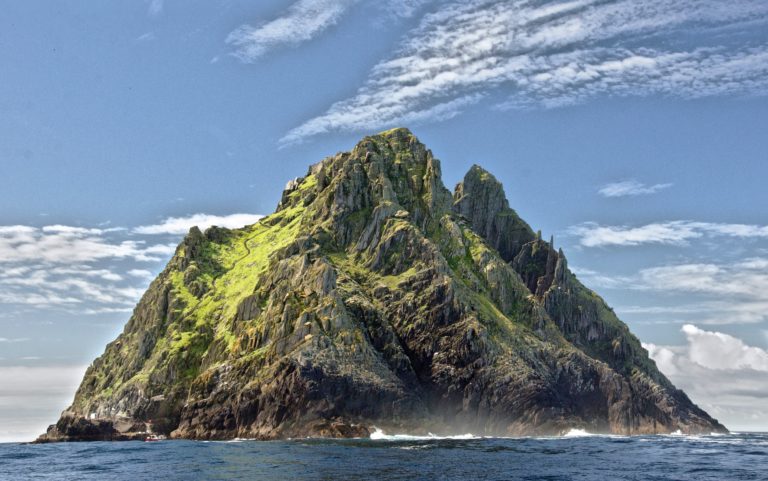
Perhaps behind it all, John Main’s family roots on the western tip of Kerry within view of the Skellig rocks where Celtic monks lived and prayed, proved to be a motivating inspiration.

